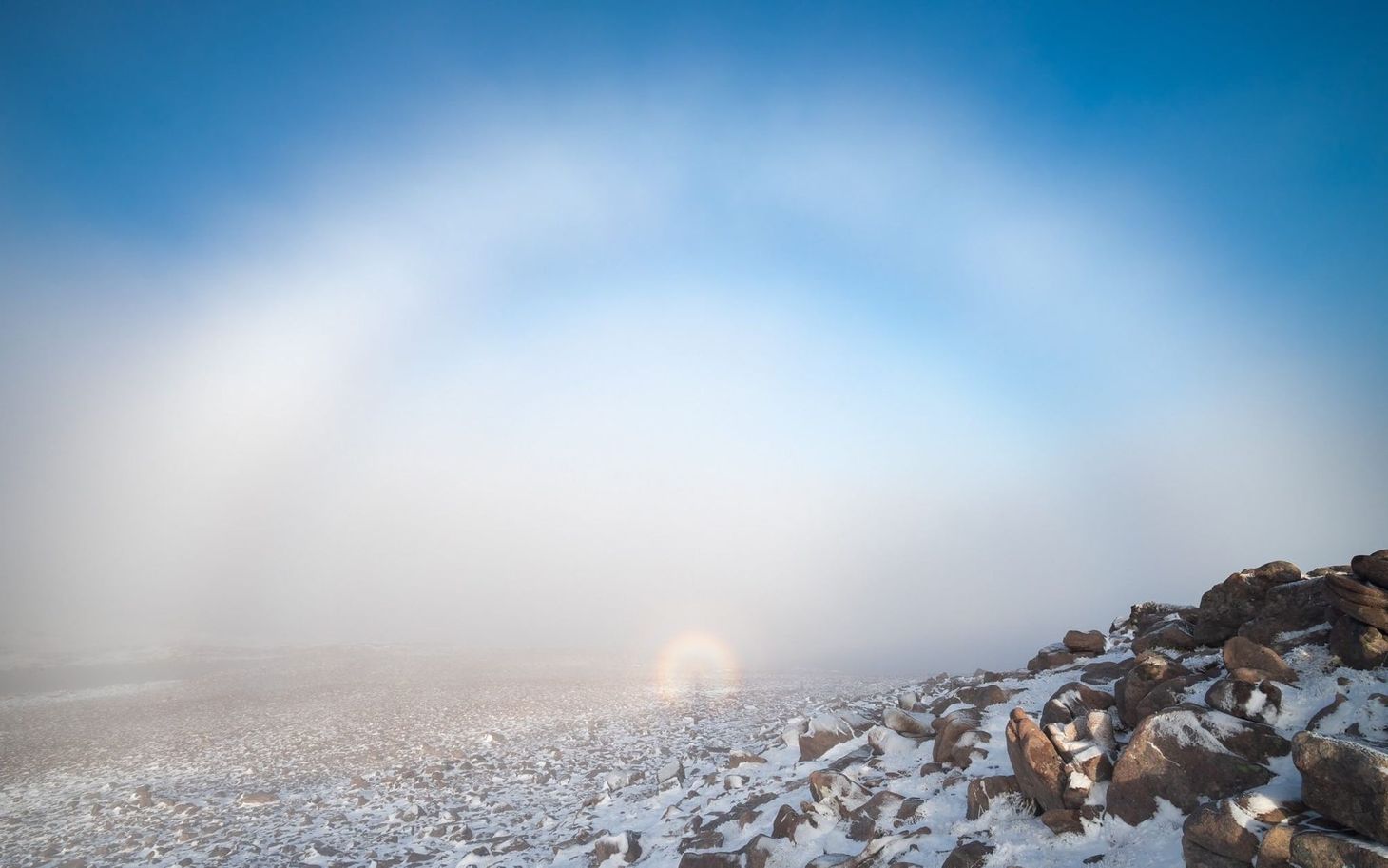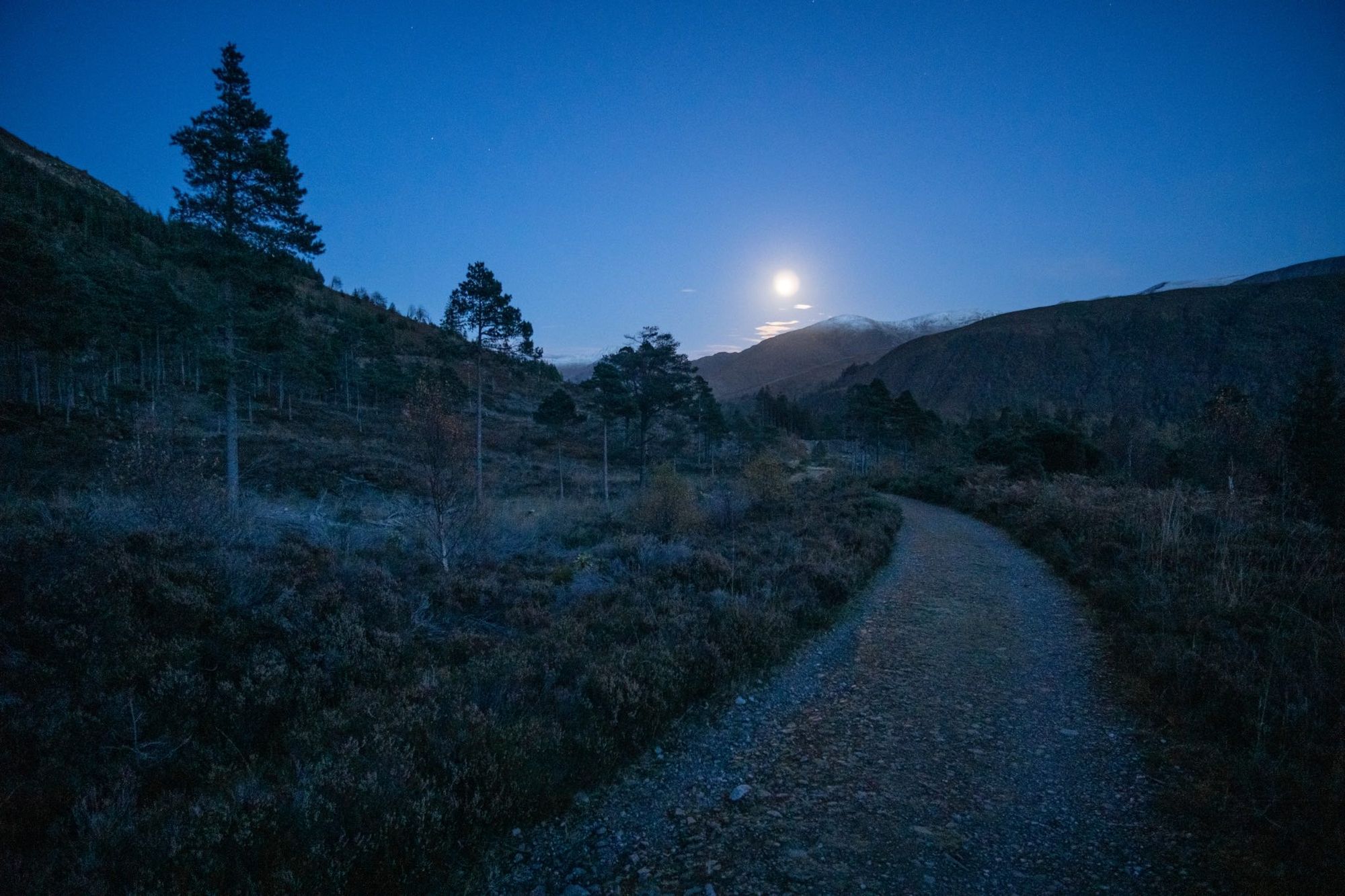The outdoor community needs to change its messaging regarding the coronavirus pandemic, and right now

Communities in remote mountain areas are suffering from people ‘self-isolating’ in the hills. We can help to prevent this.
Important update: I have written a follow-up to this piece. Please read it here.
Things change rapidly at the moment, so this might be out of date by the time you read it, but something is happening that we can help to stop. I believe that everyone in the online outdoor community has an immediate duty to change their messaging regarding the pandemic and how it affects our outdoor activities.
It’s time to think before we tweet.
TL;DR: Stop promoting the idea that the hills are still open. Encourage people not to travel to the mountains.
I’ll preface this with the obvious: I’m not an expert on the virus, and I’m not a medical professional. This is my opinion based on my experience in the outdoor community, what I’m being told directly by friends in mountain areas, and what I’m reading online.
The problem
As COVID-19 cases pile up in the UK, the country has been shutting down. As I write this, schools are closed, pubs, restaurants, bars and nightclubs have been closed, and people have been urged against all non-essential travel. Many supermarkets have been cleaned out of some products due to panic-buying.
Understandably, hillwalkers are still going hillwalking. In most cases, though, the upland areas we like to visit are not uninhabited wildernesses – they are communities, sparsely populated perhaps, but communities nevertheless. People live there.
These small villages and towns have tiny food shops, populations that are often elderly, and extremely limited medical resources. Raigmore Hospital, for example, which is the largest hospital in the Scottish Highlands, has seven intensive care beds. It serves a vast area.
When the pandemic comes to these communities, it will come hard. Medical resources will be overwhelmed more quickly than in more populous parts of the UK. This disease could devastate the places you love.
Despite this, large numbers of people have been heading to the hills this weekend. We should not be in a situation now where the car park at Pen-y-Pass is crammed with hundreds of cars and the summit of Snowdon is as busy as ever.
The outdoor community’s messaging
Currently, the messaging I’ve often been seeing online urges walkers to self-isolate if unwell, but otherwise to continue cautiously enjoying the outdoors. ‘The hills are still open’ is the message I’ve been getting, and strongly, from most sides on social media. ‘The hills are great for self-isolating!’ is another. While people are encouraged not to use public transport, and some bloggers and magazines have urged people to start walking closer to home and not to take on anything too ambitious to avoid putting pressure on Mountain Rescue, the overall tone on social media is that we should keep walking for now. (‘While we still can’ is perhaps the subtext.)
If you read the more detailed advice listed on the websites of organisations and magazines, you will, to be fair, find a far more nuanced message. This is great, but attractive images of mountains on Instagram along with captions such as ‘Self-isolating on a great Snowdonia wild camp #getoutside #selfisolating’ portray a far more simplistic narrative, and it’s inevitable that one will have a greater reach than the other.
We’re living in scary times. People want to believe that the hills are a constant, something they can depend on. I can understand that. The truth is that it is a complex issue. If you observe government advice on social distancing, there isn’t anything morally wrong with jumping in your car, travelling half an hour on quiet roads to a hill you know well, and enjoying some summit sunshine. There’s certainly nothing wrong with a solitary wild camp far from anyone else. If you live locally, even better – you’re lucky!
Problems arise when everyone else thinks that self-isolating in the hills is a grand idea as well – when you stop off at the motorway service station for a sandwich, rub shoulders with other walkers on the summit, and use the public loo in the car park. Problems arise when people decide, en masse, that it would be a good time to head north with the campervan to escape the cities for a while.
Mountains don’t exist in isolation. People live there, and you may be bringing the virus with you. Even if you don’t, you might be buying food that local people will need (tweet from my good friend Esther, a source I trust). I understand that businesses need support, but lives are more important right now.

What we need to do
It’s time for the outdoor community to stop telling people that the hills are still open. Magazines, bloggers, writers, ‘outdoor influencers’ (hate that term, but it’s a thing) and individuals all need to play their part. We need to start telling people not to travel to the mountains, full stop. Yes the issue is nuanced, but it is not a time for nuance; it’s a time to protect the places and people we love.
I started thinking about this earlier today when Jamie Bankhead, a Scottish mountaineering instructor I’ve known for many years, posted a message on his Facebook page. Here’s an extract:
No pretty pictures today – sharing “mountain porn” on social media is another activity which seems to be carrying on regardless and which could send some very unhelpful messages. The pages which host these should take a look at themselves and consider going on “pause”. This clearly isn’t the biggest issue of this crisis, but I’ll chuck it in there too.
It led me to think about my own messaging. Had I been posting ‘mountain porn’ online? Yep, I certainly had. My logic is that people who can’t visit the hills will be looking for inspiration, for comfort, to keep them going through this dark time. But I hadn’t considered that it might be unintentionally broadcasting the idea that it’s ok to keep visiting these places during the global pandemic. I no longer think that’s an acceptable message to put across.
I won’t stop sharing photos and stories from the hills. The sense of hope that mountains can inspire is so important right now, and frankly outdoor writers and publishers are going to find survival hard too, but I will be thinking carefully about my messaging, and I’d urge everyone else to do the same. When you share any ‘inspiration’ content about the mountains on social media, please add something encouraging people not to travel to these places right now – or, at the very least, to avoid the busy areas. Have local adventures, fine, but anywhere further afield will wait. We need to help protect these places and the people who live there. I have friends in these places who are begging you not to come right now.
Think before you tweet, and please stay at home if you can.
Alex Roddie Newsletter
Join the newsletter to receive the latest updates in your inbox.



